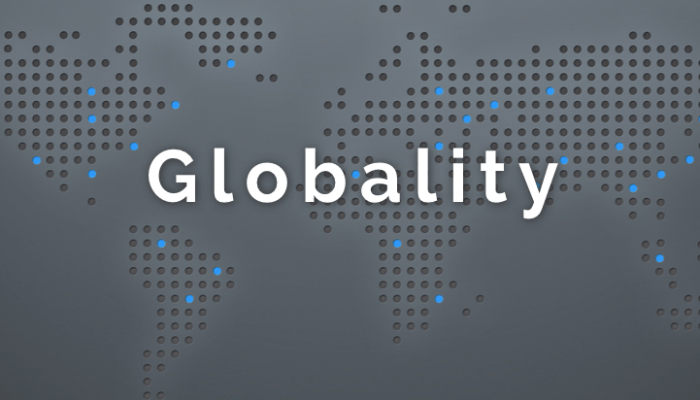Globality, an ultra stealthy startup based in Menlo Park, has raised $10 million from a group of high profile angel investors to build an ambiguous new ecosystem for global trade.
The funding comes from fourteen angel investors, including Al Gore, Sheryl Sandberg, former J.C. Penney CEO Ron Johnson, and Yahoo CFO Ken Goldman.
Globality’s mission statement is just as ambitious as it is vague. According to co-founder Joel Hyatt, a serial entrepreneur and former Democratic National Finance Chair, Globality is building artificial intelligence tech that will enable mid-size and small businesses to play a greater role in driving the global economy.
Oh, and it’s simultaneously going to be restoring the American dream.
“There’s this conventional wisdom in the U.S. that globalization and technology have obliterated the American dream,” Hyatt says, referring to the high paying, blue collar jobs in manufacturing that have disappeared over the last century.
“If there’s any economy that ought to be able to leverage the benefits of globalization and technology, it’s got to be the American economy,” Hyatt continues.
So how, exactly, is Globality planning to resolve America’s economic existential crisis? They’re not telling us.
What Hyatt would say is this:
“We’re going to facilitate global trade on the part of far more companies than are currently involved in exporting both goods and services, which are critical to the U.S. economy and critical to the GDP. The vast 90 percent of export comes from one percent of companies, these large industrial conglomerates and international service firms.”
Currently a team of 14 founded by Hyatt and Lior Delgo, whose former two startups were acquired by Yahoo and Microsoft, Globality plans to publicly launch in the second quarter of 2016. Hyatt says he expects to grow to a couple hundred employees by the end of next year.
“This is an innovative new solution to address some really big problems and frictions in global trade that prevent many, many companies from being players in the global economy,” Hyatt reiterates. “And this isn’t a small or iterative improvement — we’re building something that simply doesn’t exist.”
